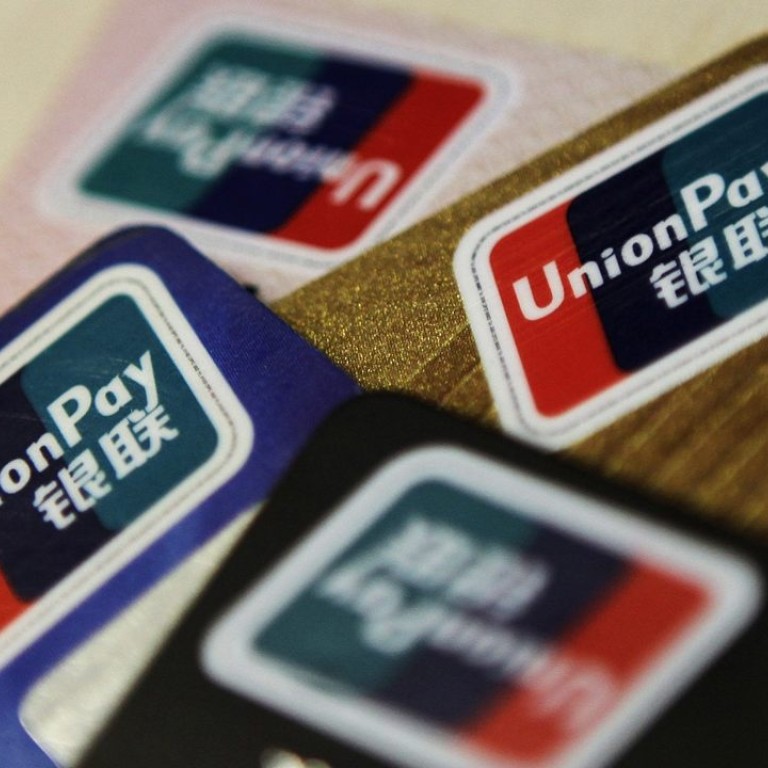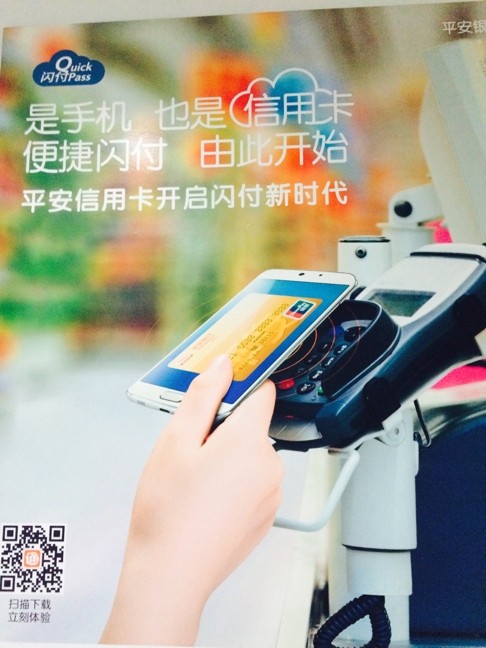
China’s behemoth UnionPay lets smartphone users ring up purchases in two seconds flat
Users don’t need internet connection with new mobile payment
Imagine standing in a store with no cash or bank cards or even a telecoms signal and just waving a smartphone above a point of sale unit. Seconds later, the payment is done.
That is what China UnionPay is promoting.
On Saturday, together with more than 20 banks, smartphone makers and internet companies, China UnionPay formally released Quick Pass to strengthen its presence in the competitive third-party, mobile payment market.
According to the company, users don’t need to open an app in order to pay nor is internet availability an issue. The system also gave them better security of their personal information, UnionPay said. Set-up takes 30 seconds and payment is quick – two seconds.

Quick Pass was currently only available for Android devices, but Apple fans would be brought into the fold in the first quarter on next year, Xinhua reported.
With the service, China Unionpay goes up against Alibaba Group, which runs Alipay and Tencent’s Tenpay, both of which work on Android and Apple phones. Analysys, an internet data provider, said Alipay commanded 74 per cent of the market in the second quarter, followed by Tenpay, with 13.2 per cent.
Fan Yifei, vice-governor of the People’s Bank of China, said the mobile payment sector has grown spectacularly and financial institutions should compete more intensely for a share. Data from the bank showed 4.54 billion transactions were carried out in the third quarter, totalling 18.2 trillion yuan (HK$22 trillion), an increase of 350 per cent and nearly double over the same period last year.

